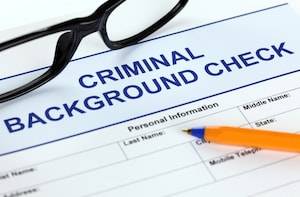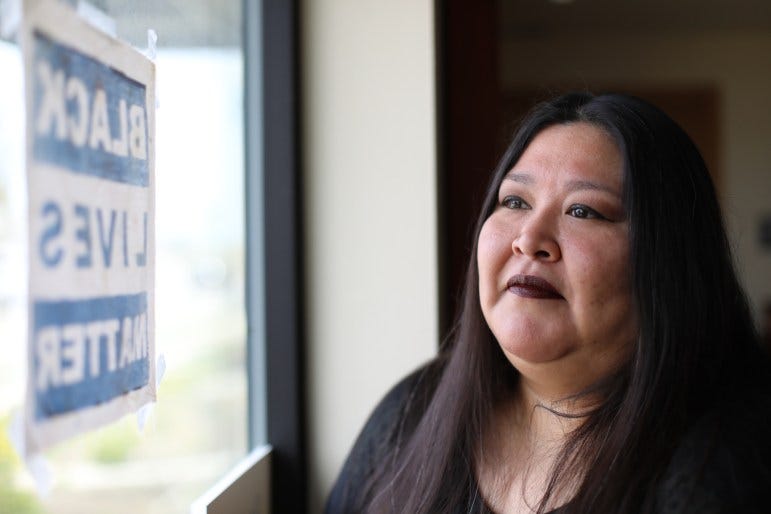

Judicial certificates: In 2021, Arizona authorized courts to issue a Certificate to Second Chance to a person whose conviction has been set-aside. Juvenile adjudications may be set aside upon reaching 18 years of age and discharge from sentence, except for serious violent offenses, but they serve as predicate offense juvenile records may be destroyed under some circumstances. The law also authorizes several diversionary dispositions. Effective July 2, 2021, courts must, upon petition, expunge arrests, charges, and convictions for certain marijuana offenses. Set-aside relieves collateral consequences, and restores firearms rights for non-serious felonies, but conviction must be disclosed and serves as a predicate. In addition, convictions for all but violent and sex offenses may be set-aside and charges dismissed upon discharge, but no sealing or expungement results.

A hearing is required only upon objection by the prosecutor or victim. Non-conviction records may also be sealed thirty days after the petition is filed. Effective December 31, 2022, misdemeanor and most felony convictions may be sealed on petition after waiting periods ranging from two to 10 years (with an additional five years for a prior felony conviction). Record relief: Until 2021 there was no general authority to seal or expunge adult conviction or non-conviction records. Most juvenile records are confidential and are sealed within 30 days of the person’s 18th birthday or after completion of sentence whichever is later, or after a 5-year waiting period if charged as an adult. Most non-conviction records may not be released to the public, but sealing is authorized only in cases of mistaken identity or false accusation. For less serious offenses, courts may also defer judgment looking toward dismissal of charges, and no conviction results. No affirmative showing or finding of rehabilitation need be made before a set-aside is granted rather, a set-aside should be granted as a matter of right unless some specific reason for denial is established. In most cases the court may defer sentencing looking toward set-aside of conviction upon successful completion of probation, except for serious violent or sexual offenses. There is no general authority to seal or expunge adult conviction or non-conviction records, but non-conviction records are generally confidential.
#WISCONSIN FELONY CONVICTION RECORDS LICENSE#
Judicial certificate: An individual who is legally barred from obtaining a specific occupational license due to a conviction may apply to the court for an “Order for Limited Relief” to permit discretionary consideration on the merits. Juvenile records may be sealed on petition two years after final discharge or other final order, and destroyed five years after the age of majority, if the person has no prior or subsequent record.

Expungement is authorized for non-convictions: where a misdemeanor or non-violent felony charge did not result in conviction, including where a charge was dismissed after successful completion of various diversion programs (drug, mental health and veterans’ court), or where any felony charge resulted in acquittal. Victims of human trafficking may petition the court to expunge convictions of misdemeanors and some felonies, including certain violent felonies, that are related to trafficking. Record relief: In 2021, Alabama enacted its first authority for expunging adult convictions, extended relief to non-violent misdemeanors and pardoned felonies, with exceptions for violent and sexual offenses, and any offense of moral turpitude under the disenfranchisement statute.
#WISCONSIN FELONY CONVICTION RECORDS FULL#
More than 500 full pardons are granted each year, 80% of those who apply, plus many more rights restorations.Įxpungement, sealing & other record relief Pardons are frequent and the process regular and governed by statute process takes about one year. The effect is as specified in grant, but a pardoned conviction is not sealed and serves as a predicate. There is a separate paper procedure for restoration of civil rights, also available to people with federal and out-of-state convictions. A public hearing is required, with notice to officials and victim, with reasons given if denied. The application form is simple (“intended to facilitate application by individuals who lack formal education”) and is filed with the local probation office. A person is eligible to apply upon completion of sentence or after three years of permanent parole. The board must make an annual report to governor. An independent board appointed by the governor exercises pardon power independent of the governor, except in capital cases.


 0 kommentar(er)
0 kommentar(er)
